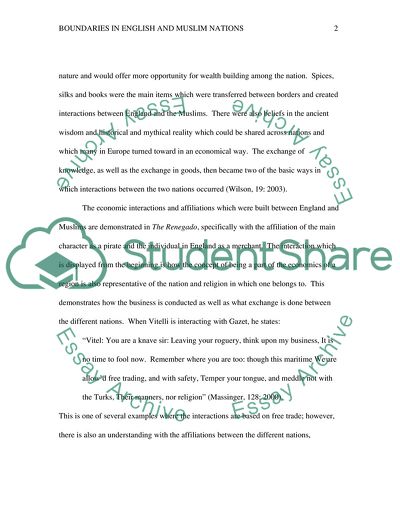Cite this document
(Boundaries In English And Muslim Nations Case Study, n.d.)
Boundaries In English And Muslim Nations Case Study. Retrieved from https://studentshare.org/culture/1747029-discuss-positive-representations-of-islam-in-early-modern-literature
Boundaries In English And Muslim Nations Case Study. Retrieved from https://studentshare.org/culture/1747029-discuss-positive-representations-of-islam-in-early-modern-literature
(Boundaries In English And Muslim Nations Case Study)
Boundaries In English And Muslim Nations Case Study. https://studentshare.org/culture/1747029-discuss-positive-representations-of-islam-in-early-modern-literature.
Boundaries In English And Muslim Nations Case Study. https://studentshare.org/culture/1747029-discuss-positive-representations-of-islam-in-early-modern-literature.
“Boundaries In English And Muslim Nations Case Study”. https://studentshare.org/culture/1747029-discuss-positive-representations-of-islam-in-early-modern-literature.


